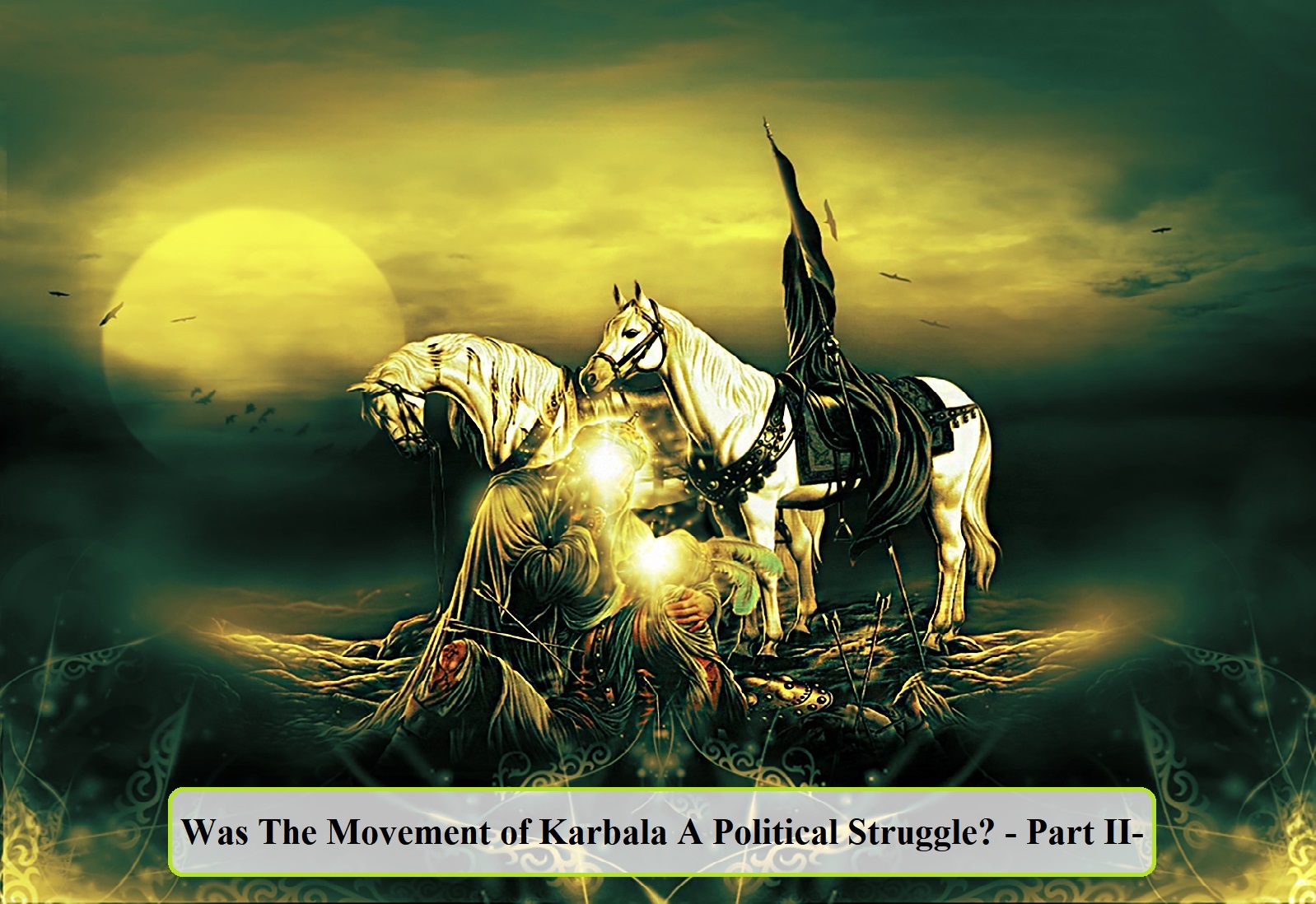Misappropriation of the Karbala movement
Amongst those debates is the question as to whether or not the movement of Karbala was politically motivated. According to an article by Themuslimvibe.com, what is meant by this is whether the sacrifices of Imam al-Hussain (a) was a power struggle between two rival households, each seeking legitimacy and authority over the other. It is advanced by some, including Muslims, that Imam al-Hussain (a) sought leadership, and this was the raison d’être for his uprising.
Sadly, this misunderstanding – and sometimes misappropriation of Imam al-Hussain’s (a) struggle for reform and social justice is perpetuated in some corners. This not only obscures the the reality of the movement, but also undermines the grand character of Imam al-Hussain (s), a person far above the need to fight over title and leadership.
This three-part series will be dedicated to answering the question of whether or not the movement of Karbala was a political struggle for power and leadership. In this first part we will identify the theme of the argument that is offered in support of the notion and briefly refute them. In the forthcoming part, we will ask ‘What is the motivation in misrepresenting the movement of Karbala and who benefits from this?’ In the final part we will offer a correct understanding of the purposes of the Karbala uprising, including what Imam al-Hussain (a) himself said about the reasoning for his movement and how the generations immediately after him understood and took up the mantle of his movement.
Through this it is hoped, those who are enlivening the movement of Karbala and engaged in this months remembrances will have a more profound understanding of its underlying causes and aspirations for them to embody in themselves.

